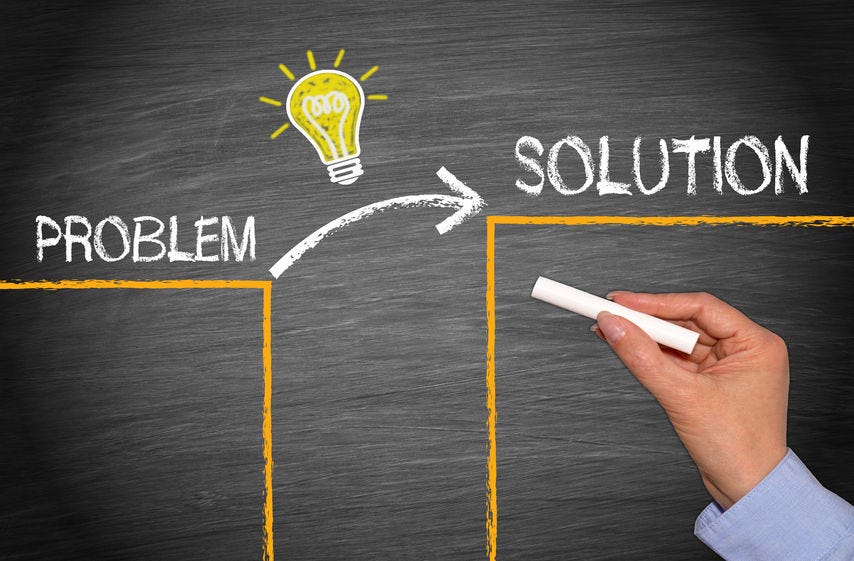
JAKARTA, inca.ac.id – Study techniques, the methods we use to learn and retain information, are among the most critical skills in modern education. While often viewed as a simple matter of time and effort, the most effective techniques are grounded in decades of cognitive science. This article focuses on the core principles of effective learning, exploring the evolution of study methods, the symbolism behind key strategies, the systems students can build, and the profound lessons these techniques teach us.
The Modern Learner: A New Approach to Education

The modern student is more than just a recipient of information; they are an active builder of understanding. In an age of information overload, the “Hero” of the academic world is the one who can learn efficiently and effectively. Their destiny is intertwined with mastering concepts and developing skills, not just memorizing facts for an exam. Whether wielding the power of active recall or solving complex problems with the Feynman technique, the modern learner’s journey is always about creating lasting knowledge.
One of the most fascinating aspects of modern learning theory is its universal applicability. These principles are not bound to a single subject or academic level—they are timeless tools for the mind. Each technique brings unique strengths, but they all share a common thread: the shift from passive consumption to active engagement.
The Origins of Smart Studying
The origins of evidence-based study techniques can be traced back to the late 19th century with pioneers like German psychologist Hermann Ebbinghaus. His experiments on memory and the “forgetting curve” introduced the foundational idea that forgetting is a natural and predictable process. This simple concept belied the complexity of human memory, but it laid the groundwork for future research. As we navigated the 20th century, a clearer picture emerged: learning wasn’t just about putting information in; it was about pulling it out.
In subsequent decades, the field of cognitive psychology fleshed out these ideas through rigorous study. The introduction of concepts like metacognition (thinking about one’s own thinking) and retrieval practice has allowed educators and students to connect with the learning process on a deeper level. For instance, the research behind “desirable difficulties” adds layers to our understanding, showcasing that when learning feels a bit hard, it’s often a sign that it’s working.
Core Principles: Active Recall and Spaced Repetition
At its core, effective learning represents a triumph of strategy over brute force. Two principles stand as pillars of this new approach: active recall and spaced repetition. They represent the courage to test oneself and the resilience to commit information to long-term memory.
The Power of Retrieval
A student’s journey often begins with a call to adventure—an upcoming exam, a complex topic, or the start of a new semester. Active recall is the act of answering that call. Instead of passively re-reading notes, the student is called to action to retrieve information from their own memory. This moment sets them on a path filled with trials, each designed to test their understanding and resolve.
Throughout their studies, the student faces formidable concepts and intricate problems. Each challenge serves as a metaphor for mental growth. As we guide ourselves through these trials, we witness the transformation from a state of uncertain familiarity to one of confident mastery. This journey mirrors our own struggles in life, reminding us that growth comes from actively facing what we don’t know.
Embracing the Forgetting Curve
Resilience is another defining trait of effective learners. Whether battling a difficult formula or navigating a dense textbook, they don’t give up. Spaced repetition is the embodiment of this academic resilience. By revisiting information at increasing intervals, the student remains steadfast in their mission to defeat the natural process of forgetting. This resilience teaches us that initial setbacks in memory are temporary, and perseverance can lead to triumph.
This principle allows students to experience learning at their own pace, encouraging consistency over cramming. A student can choose to review flashcards daily or weekly, which emphasizes the idea that there is no single path to long-term retention. This flexibility reflects the real world, where resilience and adaptability are crucial for mastering any skill.
The Broader Toolkit: Building a System for Success
Although active recall and spaced repetition are central, their interactions with other study techniques are deeply impactful. A student’s bond with a robust study system reflects trust in a process that yields results.
The Importance of Deep Comprehension
The Feynman Technique is not just a study aid; it is a complex tool with its own strengths. Throughout the learning process, it plays a crucial role in guiding the student toward true understanding. When practicing the Feynman Technique, I am struck by its power to reveal the illusions of competence. This method represents a commitment to intellectual honesty, reminding us that leadership in any field requires the ability to explain complex ideas simply. Its process showcases the importance of inner clarity and the power of foundational knowledge.
The Role of Focus and Time Management
A student’s support system extends beyond memory techniques. Methods like the Pomodoro Technique, which advocates for focused work sessions and scheduled breaks, add structure and prevent burnout. I’ve always appreciated how these strategies enhance the entire learning ecosystem, making the process sustainable. They remind us that focus and rest are vital, emphasizing that no student can succeed on pure intellectual force alone. Their structured nature enriches the learning experience and creates a sense of control and discipline.
The Evolution of Learning: From Rote Memorization to Strategic Thinking
The concept of studying has evolved significantly since the days of rote learning. In early educational models, a student was a passive vessel, expected to memorize and recite facts. As cognitive science advanced, so did our understanding of learning. The shift to evidence-based methods in the 21st century set a new standard for academic achievement.
Technological Advancements
The evolution of study methods is closely tied to advancements in technology. With each new digital tool, developers have pushed the boundaries of what is possible. Apps like Anki and Quizlet gave spaced repetition a fresh accessibility, emphasizing efficiency and automation. This technological choice resonated with students, proving that a digital interface can significantly impact the application of learning principles.
The release of comprehensive learning platforms marked another milestone. These integrated systems allow students to experience their education in unprecedented ways, emphasizing personalized learning paths and immediate feedback. For the first time, students could truly feel like they were embodying the role of a strategic learner, discovering their own knowledge gaps at their own pace.
Lessons from Evidence-Based Study
The story of modern studying is more than a tale of efficiency; it is a source of inspiration. Here are some key lessons we can learn from these methods:
- Courage to Be Wrong: Active recall reminds us that testing ourselves and finding gaps is natural, and overcoming them leads to growth.
- Resilience in Forgetting: No matter how difficult a concept, persistence is the key to memory. The forgetting curve teaches us that setbacks are part of the process, and consistent review leads to triumph.
- The Power of Systems: Individual techniques are powerful, but a combined system is essential. The way methods support each other highlights the importance of a holistic approach.
- Adaptability: The ability to choose the right technique for the right subject teaches us the importance of flexibility.
- Intellectual Honesty: The Feynman Technique demonstrates the importance of being honest about what we don’t understand. True mastery fosters deeper connections with the material.
Conclusion: A Timeless Legacy of Learning
Effective study techniques are more than just academic tools; they are a timeless symbol of intellectual curiosity and growth. Through the principles of cognitive science, they inspire students to embrace active engagement, resilience, and the power of strategy. As the field continues to evolve, these evidence-based methods remain a beacon of light in the world of education, reminding us that even the smallest strategic changes can lead to monumental understanding.
As learners, we are not merely observers of these principles; we are participants. Each time we choose to use a flashcard or explain a concept in our own words, we step into the role of an active learner, experiencing the triumphs and challenges firsthand. This unique relationship between the student and the learning process creates a profound connection, making the lessons resonate with us long after the exam is over.
In a world filled with complexity, the unwavering spirit of these methods serves as a reminder that anyone can become a more effective learner. Whether facing personal challenges or striving for a greater cause, we can all draw inspiration from the courage and resilience embedded in these techniques.
Sharpen Your Skills: Delve into Our Expertise on Knowledge
Check Out Our Latest Piece on Role of Assessment!
#Academic Success #active recall #Cognitive Psychology #Effective Learning #Feynman Technique #How to Study #Learning Science #Metacognition #Pomodoro Technique #Spaced Repetition #student tips #Study Techniques







